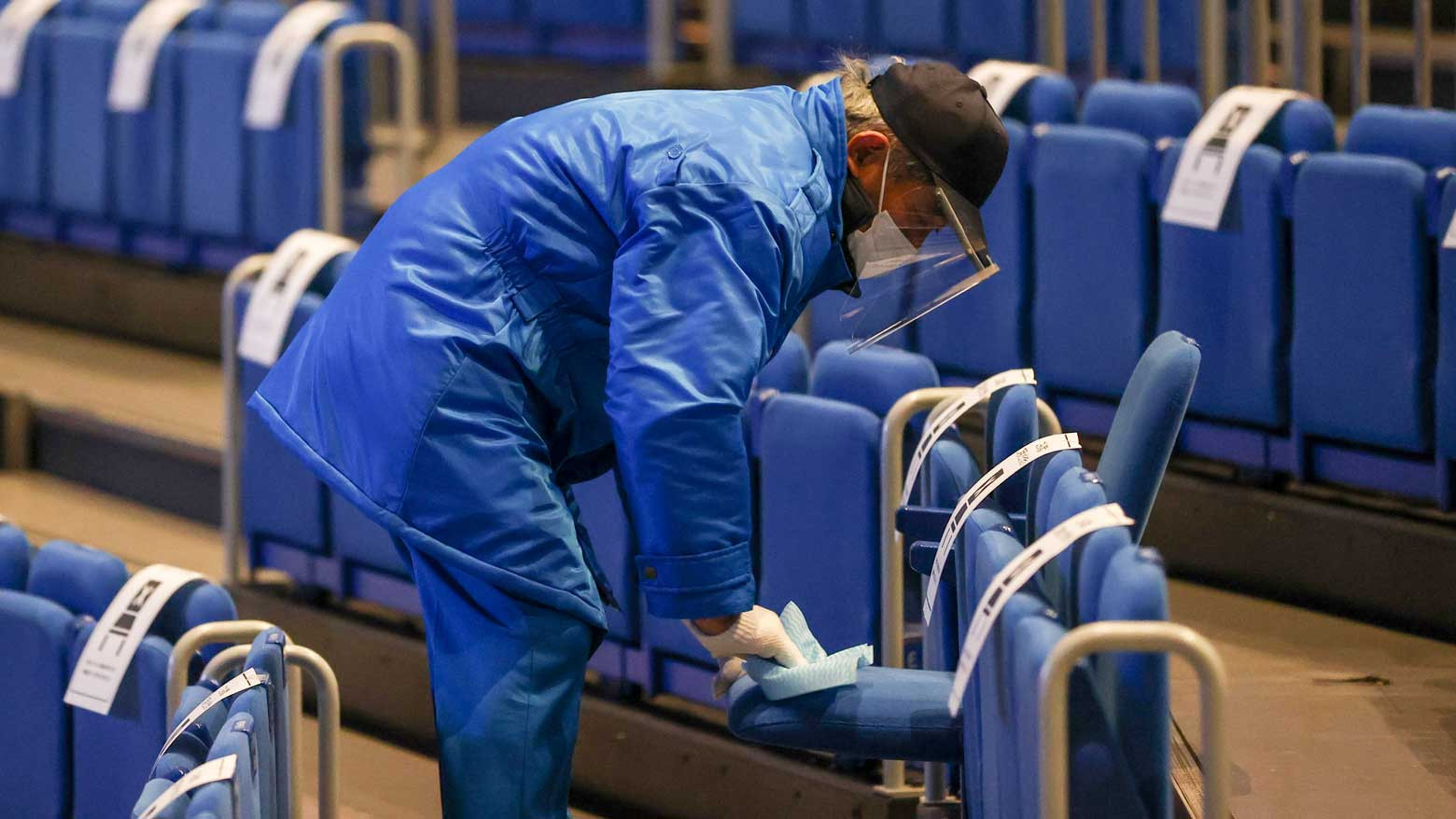Japan's health ministry announced on January 18 that it had confirmed three cases of the UK strain in Shizuoka Prefecture. Scientists say that strain may be 70% more infectious and potentially more deadly.
The patients have not recently left the country or knowingly been in contact with people who were infected. Officials suspect these cases are the first instances of community spread of the UK variant in Japan. Since then, two more people in Tokyo with no travel history have tested positive for the strain.
On January 14, with the variant spreading rapidly throughout the UK, the Japanese government suspended entry for all foreign travelers. But the move has not been completely successful in preventing new strains from slipping into the country.
Three coronavirus variants have been detected in Japan so far: the UK strain, and types found in people returning from South Africa and Brazil. Authorities have confirmed about 50 cases of infection with a mutated version of the virus since December 25. Most have been confined to airport quarantines.
New variants could prolong third wave
Experts worry that if the variants spread, they could extend the pandemic and exacerbate its effects on the medical system and businesses.
"The variants are making it very hard for us to predict how the current third wave in Japan will turn out," says Tokyo Medical University Professor Hamada Atsuo.
On an individual level, Hamada says the new variants should give people even more reason to be cautious and take preventive measures.
Genome analysis
For its part, the government says it plans to work with local authorities to identify the infection routes of variant cases and strengthen monitoring efforts to stop them spreading further.
Before the emergence of these strains, the National Institute of Infectious Diseases conducted genome analysis to test for mutations on only about 10% of all positive cases in the country. Now, the institute is working to develop a rapid testing method and is urging the government to conduct more tests nationwide.
"It's difficult to perfectly prevent the variants from coming into the country," says the institute's Hasegawa Shigeki. "What's important is to be fully prepared as soon as possible."

